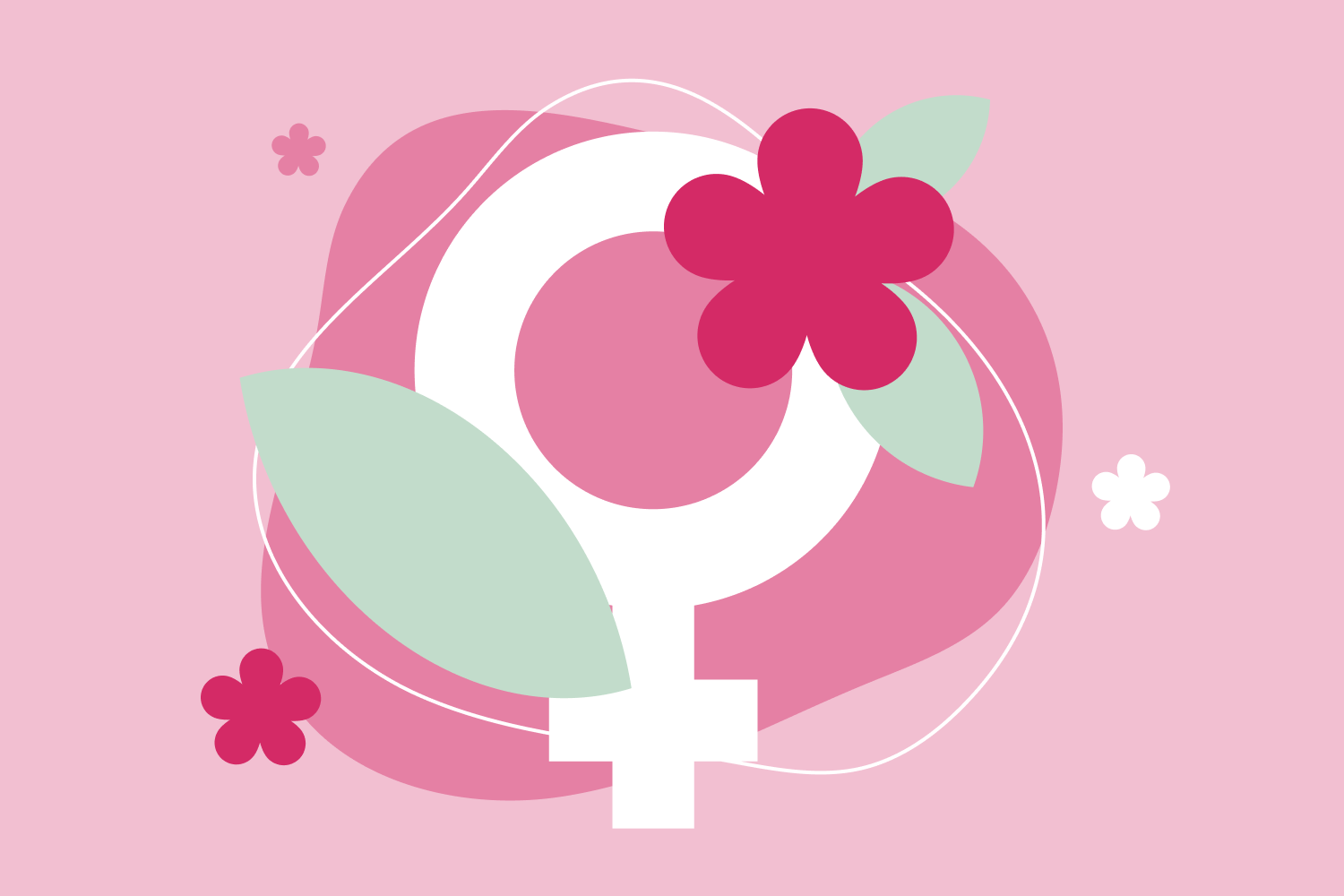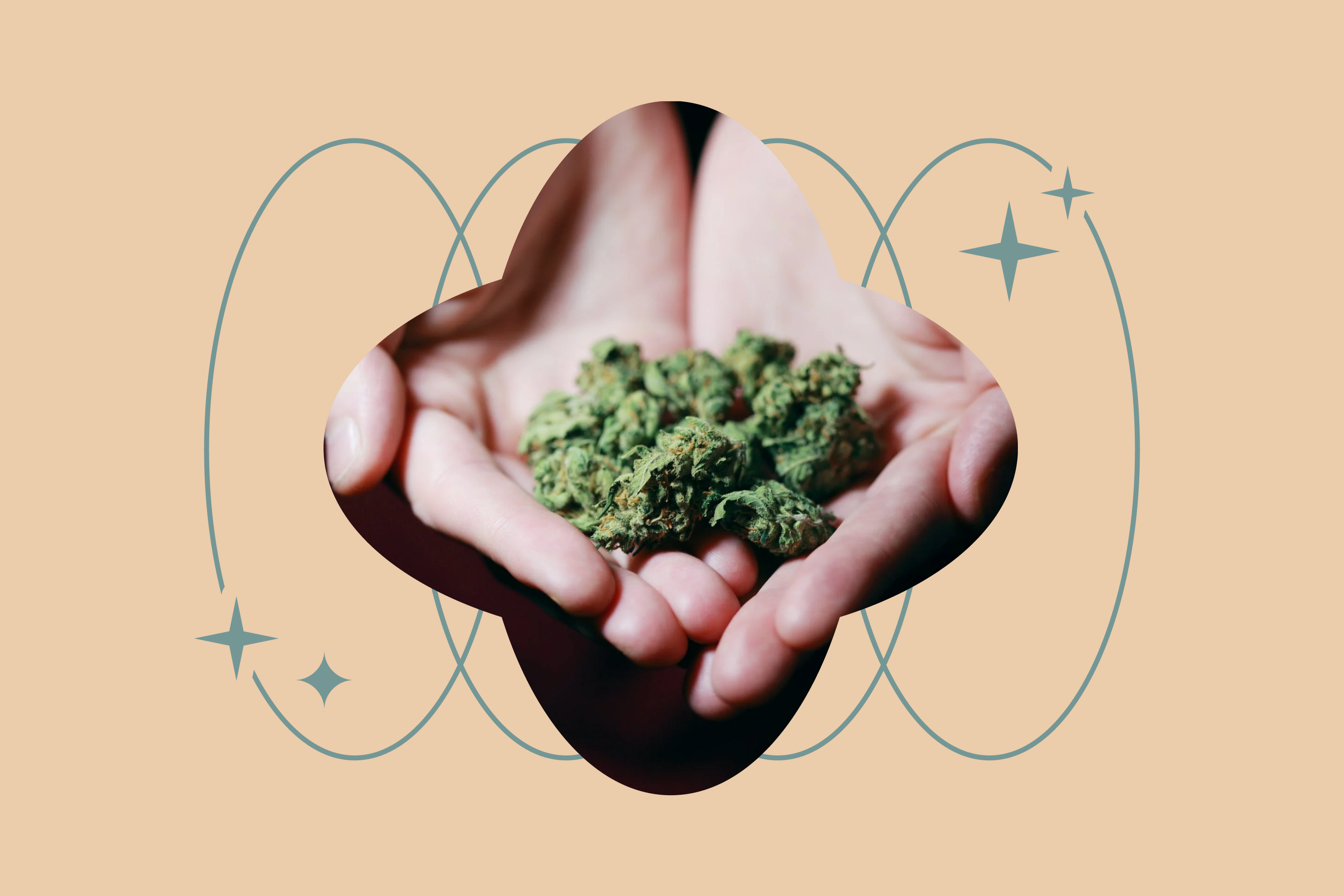Does Female Masturbation Cause Infertility? No – Here’s Why

When it comes to misunderstandings about fertility, few things are as taboo as masturbation and the role it may or may not play in trying to conceive. In this post we will attempt to pull back the curtain on the subject and explain exactly why masturbation does not cause infertility and how it might even contribute positively to your overall sexual health and awareness.
Let’s get started!
Does female masturbation cause infertility?
No. Absolutely not. Not only does female masturbation not cause infertility, but it’s also a healthy habit with an extensive list of health benefits. Despite the taboo nature of this topic, women who masturbate are not at a greater risk of infertility.
Does female masturbation affect hormones?
Many things can affect your endocrine system, the network of glands in your body that secrete hormones, including female masturbation. Even small changes in hormones can bring about major changes in the body, but when it comes to masturbation this is totally normal and even healthy.
When you reach orgasm, the brain is busy producing many different hormones and neurochemicals. A blast of these hormones often produces the euphoric feeling you might experience after a session of self-love, contributing to the pleasant exercise and positive effects.
Even if you don’t orgasm, masturbating increases blood flow throughout the body and releases a slew of feel-good endorphins including dopamine, oxytocin, testosterone, and prolactin to name a few. It’s important to note though that masturbation only increases these hormone levels temporarily and there is no permanent change to your hormone levels due to masturbation.
The effects of female masturbation
Now that we know that masturbation is good for your health, let’s look at how it affects the following areas.
Fertility
Despite the misconceptions, we know that female masturbation has no long term negative effects on fertility. But does female masturbation increase fertility? The answer is also no. There’s no reason or evidence to suggest a negative connection with female masturbation and overall fertility.
Sexual activity in general can have many benefits and surveys have revealed that women who used vibrators were more likely to stay on top of their gynecological health. Considering this, masturbation may be beneficial for overall sexual health awareness but there’s no evidence to suggest that it either increases or decreases your fertility.
Ovulation
Does female masturbation affect ovulation? No. Humans are spontaneous ovulators, which means that we ovulate on our own time independent of sexual partners, seasons, or hormones released during masturbation. In other mammals, intercourse or masturbation can trigger an ovary-stimulating hormone-surge but female humans can orgasm without influencing their cycle. Masturbation doesn’t help us ovulate nor does it hinder ovulation.
Take the Quiz!
Tell us your fertility goal and we'll give you a perfect product match
Fertilization
Although scientists have theorized that the release of hormones, especially oxytocin, could help improve conception there’s no evidence to support this. We do know that oxytocin levels are higher after masturbation, but we don’t know the impact it has on fertilization and implantation.
Menstruation
Masturbation has no effect on periods nor does it affect the regularity or severity of your menstrual cycle. However, because masturbation naturally releases endorphins (nature’s pain relievers), it can be beneficial during your period. Benefits include pain relief, improved mood and sleep, and even better lubrication when you masturbate during your period. In fact, many women report feeling aroused around their period and it is perfectly normal.
Pregnancy
Although there’s limited evidence to suggest that female orgasms help with sperm-retention thanks to oxytocin (it eases the flow of sperm to the fallopian tubes), it has no effect on female fertility and pregnancy. Masturbation during pregnancy is not only a common practice, but perfectly safe as well. It should only be avoided if you have certain medical conditions which would prevent it or if there is a risk of premature rupture of membranes, all of which should be discussed with your doctor.
What does female masturbation mean for overall fertility?
Masturbation has no effect on fertility and cannot affect your ability to get pregnant or carry a pregnancy to term. Unless it is done to excess, masturbation is a beneficial and healthy habit that has the potential to improve many aspects of your health.
Female masturbation and fertility FAQ
Does female masturbation increase fertility?
Female masturbation is believed to be good for your long-term sexual and reproductive health but there is no evidence to suggest that female masturbation increases fertility.
How often can females masturbate?
There’s no right or wrong way to masturbate and the frequency of masturbation will vary from person to person. If you start to notice signs like physical injuries or you are masturbating multiple times a day as an escape (or even choosing it over sex with your partner) then you may be over-masturbating.
What are the benefits of female masturbation?
There are many physical and mental health benefits of female masturbation. Both research and anecdotal evidence suggest female masturbation can help with stress relief, sleep, mood, pain relief, and releasing sexual tension. In addition, becoming the masters of our own domain can actually help us learn exactly what we like and then communicate those desires to a partner
Winding down
Does female masturbation cause infertility? The answer is no. We can unequivocally say that female masturbation has no effect on fertility levels and does not cause infertility. In fact, masturbation is a normal and healthy habit that many people enjoy and has both physical and mental benefits.
Societal myths still abound around this topic and that stigma has led to an unfortunate lack of information. If you are looking for ways to increase your chances of becoming pregnant or promote fertility it is key that you are having sex at the right time. Your best chance at getting pregnant is by tracking your fertility hormones with a device like Mira so you can identify exactly when your fertile days occur and know exactly when you should try to conceive.

Mira’s Editorial Process
All content produced by Mira meets stringent editorial standards, ensuring excellence and accuracy in language and medical precision. Every piece undergoes thorough fact-checking and review by qualified professionals. Check out our full editorial process to learn more.













